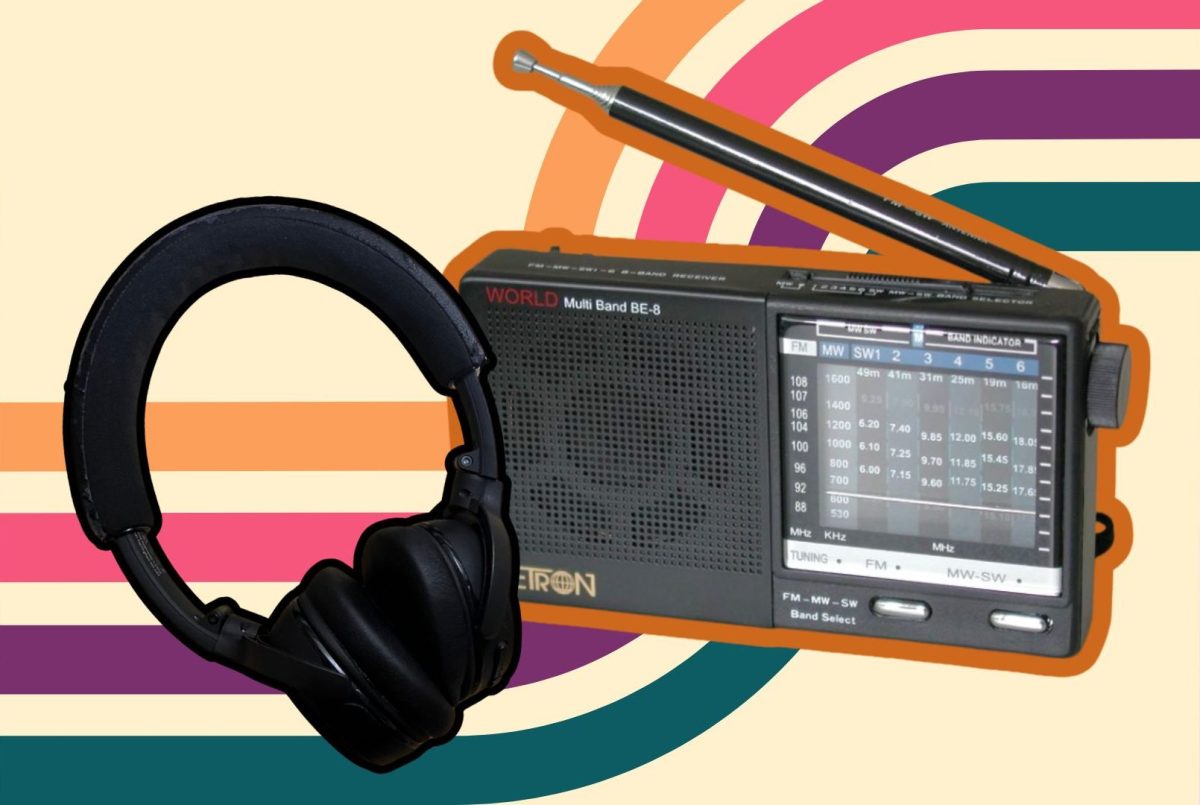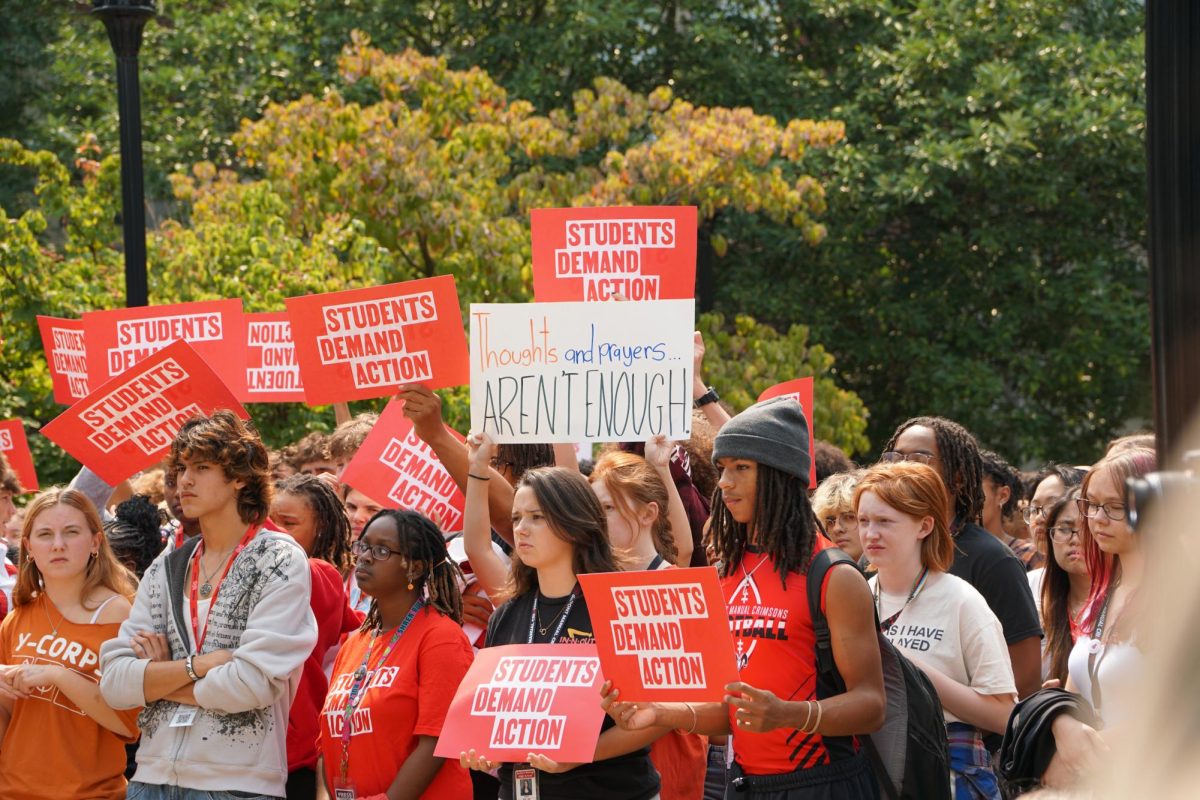The Southern Lehigh School District administration is planning to make changes to the high school’s fundraising procedures in the near future because of their concern with the security of cash donations to school clubs. Though there is no official timeline, the administration is aiming to put these changes into effect with the start of the 2024-2025 school year. As of now, they aim to end canning entirely to make way for wireless donations, overlooking the potential consequences of such a drastic step.
“Canning” is the fundraising tactic used by many clubs to solicit cash donations in metal cans in exchange for prizes such as stickers or baked goods. Most student organizations are reliant on canning, and collect the majority of their donations from peers as small change easily handed off as physical money. MiniTHON, especially, relies on canning for most of their revenue, sending students to seek donations at Southern Lehigh sporting events and restaurants like the Coopersburg Diner.
MiniTHON faculty advisor Mrs. Courtney Bathgate feels that these changes will disrupt her students’ ability to raise money for club operations.
“Canning is what many clubs are known for, so this changes things drastically,” Mrs. Bathgate says. “I just think it’s becoming more difficult to do things. I never saw an issue with canning.”
These changes also become a socioeconomic issue when you consider that not all students or community members have access to personal credit or debit accounts. This cashless policy would exclude these individuals, and thereby minimize the amount of donations that clubs can collect. Additionally, some parents may not allow their children to use online banking accounts such as Venmo or PayPal. Relying solely on online transactions as opposed to cash transactions limits the pool of donors that clubs have access to.
Even beyond lack of access to these digital transaction services, most students and community members lack the time to navigate using them. The administration’s current plan is to suggest that those fundraising carry QR codes with links to secure donation sites. The process of connecting said sites to a digital wallet, if the donor even has one, is cumbersome compared to simply putting a dollar in a can. Also, people are generally more willing to part with tangible small change rather than going through the process of plugging in information for wireless transactions. This is especially true for teenage students, who are typically asked to donate during the school day and may not have the opportunity to pull out a cell phone.
Granted, there are certain benefits to providing digital donation opportunities. SLSD superintendent Dr. Michael Mahon suggests that some donors would appreciate having their charitable transactions recorded online for tax breaks and peace of mind, knowing that their funds have reached the desired non-profit.
“It’s done in a way that people can feel confident… as opposed to this idea of cash being just kind of carried around. Again, I want to be very clear, I am not accusing [students]; we have the greatest kids, and they are honorable,” Dr. Mahon says. “It’s our job to develop internal controls, to make sure that everyone has the opportunity to be maximally successful.”
Although the administration is not implementing these changes with the intention to reprimand students, students cannot help but feel untrusted. Students take great pride in the organizations they volunteer for and feel they are mature enough to handle donations. Allowing students this responsibility communicates that they are expected by the school district to be honest and accountable. By giving students privileges, they are more willing to embody these expectations. Until there are clear circumstances where canning is an issue, students should be given the benefit of the doubt.
“I never saw kids skimming off the top, I never saw kids being dishonest when they brought back their cans,” Mrs. Bathgate says. “This is everybody volunteering their time to fundraise money for childhood cancer and cancer research, so I just feel like we’re creating a problem that doesn’t exist.”
Online fundraising does not have to replace cash donations and canning altogether. Although administration currently looks to ban cash donations in the future, the best decision for Southern Lehigh clubs is to embrace both forms of fundraising. Simply offering wireless donation in addition to continued canning would allow the community to benefit from both methods.
By prompting Southern Lehigh clubs to offer both cash and online donations, Southern Lehigh School District can help their students improve revenue and inclusivity. New additions to fundraising such as QR codes and cash-transfer apps should not come at the expense of clubs’ current operations.
This story was originally published on The Spotlight on January 29, 2024.





































